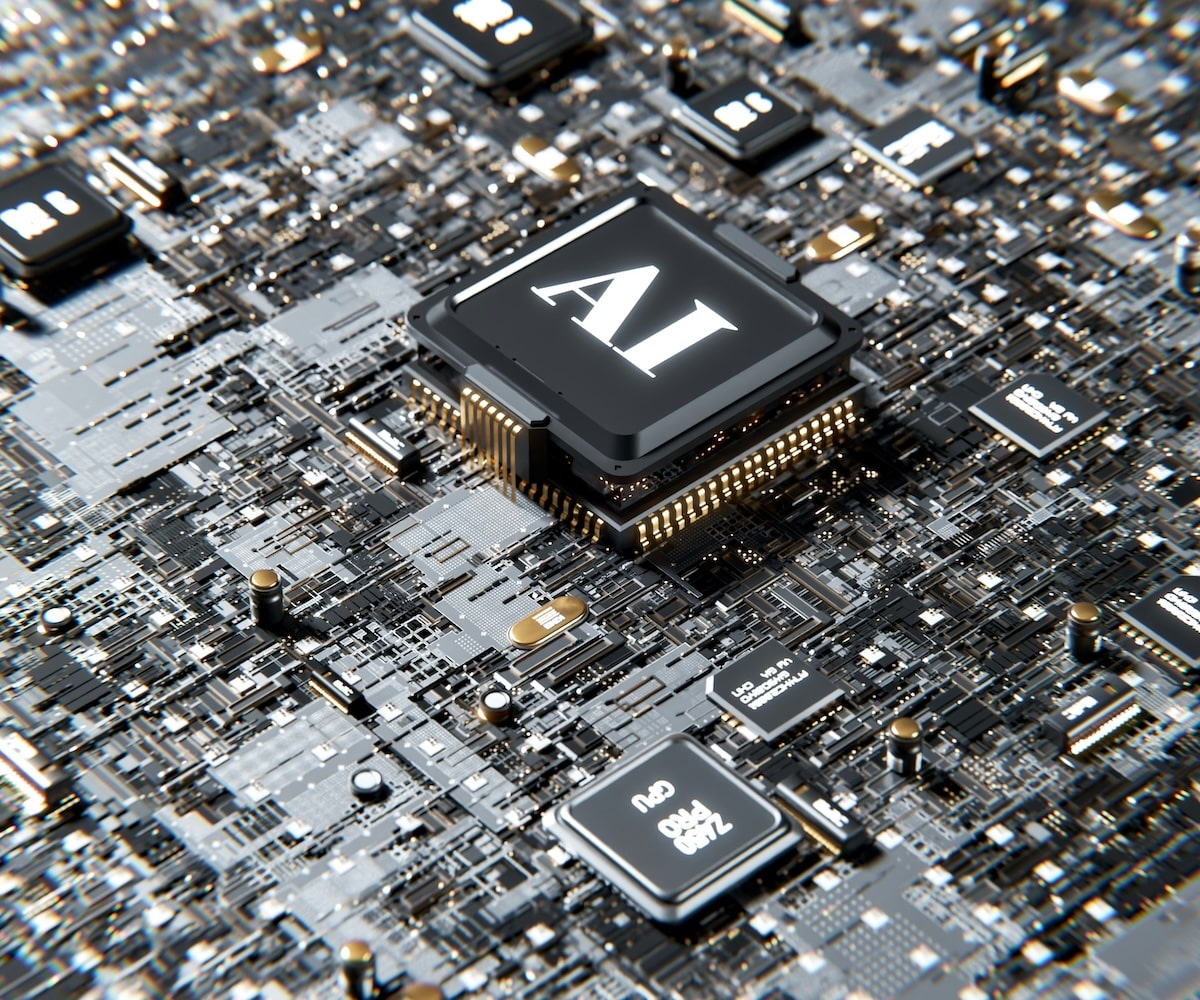The logistics landscape of today is rapidly evolving. More and more companies are relying on automated tools to deliver real-time insights, and artificial intelligence has been driving decision-making. If the industry is embracing big data, automation, and AI, supply chain management programs in education must embrace these technologies as well.
At Reveel, we’re excited to see a trend highlighted in a Supply Chain Dive article showing that many supply chain management programs at universities are now undergoing digital transformation to keep up with the evolving automation in the industry.
The core of supply chain education has been rooted in traditional logistics, focused on your classic procurement, operations, and logistics classes – but if the industry is modernizing, then the education systems that are shaping the future supply chain managers need modernizing as well. If supply chain management programs at universities stay in their traditional ways, they wouldn’t be preparing their students for what they’re going to face when they enter the workforce.
As reported by Supply Chain Dive, universities are now weaving data analytics, artificial intelligence, and simulation-based learning into their core curriculum, ensuring that their students will be prepared for the tech-heavy world of supply chain management today.
3 Examples of Emerging Curriculum Models
- Iowa State University: Now offers a course focusing on ERP systems, helping students learn how to leverage technology to understand inventory levels and production schedules. They also offer a class that focuses on decision modeling tools.
- Marquette University: Has updated both their undergraduate and Master’s of Supply Chain Management programs to become more digital. They also established an advanced automation lab where students can gain hands-on experience with automation in supply chain contexts.
- Georgia Tech, MIT, Ohio State University: All three of these schools now offer AI-specific supply chain management courses such as “Generative AI Applications for Supply Chain” and “AI in Supply Chain and Logistics Management.”
The Reveel team is extremely in favor of the modernization of these supply chain education programs. As organizations integrate AI and other automation into their operations, they’ll need talent comfortable with both the technical and strategic grounding to execute and upgrade supply chain operations. By adding hands-on simulations, automation labs, and classes focusing on technology used in supply chain management, there will be a more direct connection between academic learning and business reality. Developing young professionals to become fluent in AI and data analytics will help them become workforce-ready.
The movement to become more autonomous is one we know all too well at Reveel. Our Shipping Intelligence platform is a real-world example of this shift in action. Our platform provides the very tools and data science students are now learning about in these updated curricula. We help businesses gain real-time visibility and predictive analytics into their parcel spend, enabling them to make the data-driven decisions that these future supply chain leaders are being trained for right now. The future of supply chain is here, and it’s powered by intelligence.



